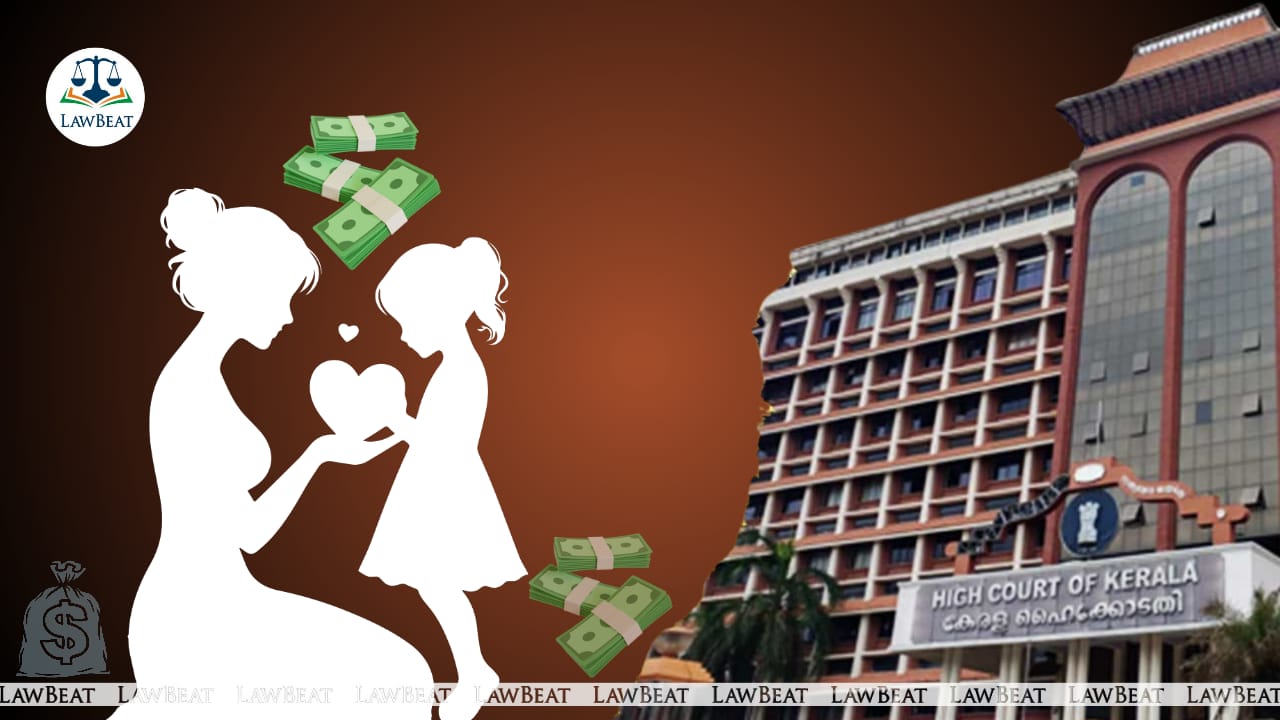Man With No Physical Ailments Cannot Evade Maintenance Duty by Claiming Income Deficiency: Kerala HC

The court rejected the man's claim that remarriage exempted him from maintaining his first family, emphasising it was his personal choice to have another family
The Kerala High Court has ruled that an able-bodied man cannot evade his legal obligation to pay maintenance by citing a lack of income, particularly when he has no physical incapacitation that hinders his ability to earn.
A Division bench comprising Justice Devan Ramachandran and Justice M.B. Snehalatha, delivered the verdict. The court observed: “the defence of “no resource” is untenable, particularly when the obligant is capable of earning, without any physical incapacitation.”
The court made the observation while hearing a revision petition was filed by the petitioner husband, challenging the Family Court’s decision that awarded maintenance to his estranged wife and four children. The Family Court had ordered monthly payments of ₹5,000 for the wife and ₹4,000 each for the children, considering them essential for their sustenance.
The petitioner, however, argued that the maintenance ordered was excessive and beyond his financial capacity, claiming his income was limited as he worked in a shop owned by his brother after his own business reportedly closed down. Furthermore, he contended that he has remarried and additional family responsibilities made it difficult for him to meet the ordered obligations.
In contrast, the respondents claimed that the petitioner had intentionally understated his income and had the capacity to provide for his first family. It was argued that an able-bodied individual with no incapacity to earn cannot shirk his responsibility toward his wife and children, especially when the maintenance ordered was minimal and aimed only to meet their basic needs.
The High Court, after examining the evidence, found discrepancies in the petitioner’s claim of limited income, with evidence, including business licenses and records, indicating that he continued to derive income from a business operation.
The bench rejected the petitioner’s argument that his remarriage and new family absolved him of responsibilities toward his first family, stating, “it was the choice of the petitioner to marry again and have another family; and surely he should, therefore, be bound to its consequences and cannot be allowed to resile from his obligations to the respondents herein.”
Recognizing the challenges faced by women post-divorce, the court noted, “Ending a marriage is traumatic for most; and it is exacerbated for women who have to navigate settlement terms and follow up on sums for maintenance of themselves and their children.”
Reiterating the principle established in the Supreme Court’s judgment in Rajnesh v. Neha (2021) and Apurva @ Apurvo Bhuvanbabu Mandal v. Dolly & others (2024), the court declared basic maintenance to be a part of fundamental right to life. The court further emphasised that “a man who was no physical ailments or incapability to earn, cannot impel a contention that he does not have enough income to take care of his family, especially when the children are very young, and have to be educated, with their other unexpendable requirements to be met.”
The court observed that the amounts ordered by the Family Court were the bare minimum required for sustenance and could not be considered excessive under any reasonable standard.
Conclusively, the court upheld the Family Court’s order in its entirety and dismissed the petitioner’s claims.
Cause Title: X. v. Y and Others [RPFC NO. 223 OF 2020]
Appearances: Advocate C.K. Sreejith (Counsel for Petitioner); Advocate Abdul Raoof Pallipath (Counsel for Respondents)
